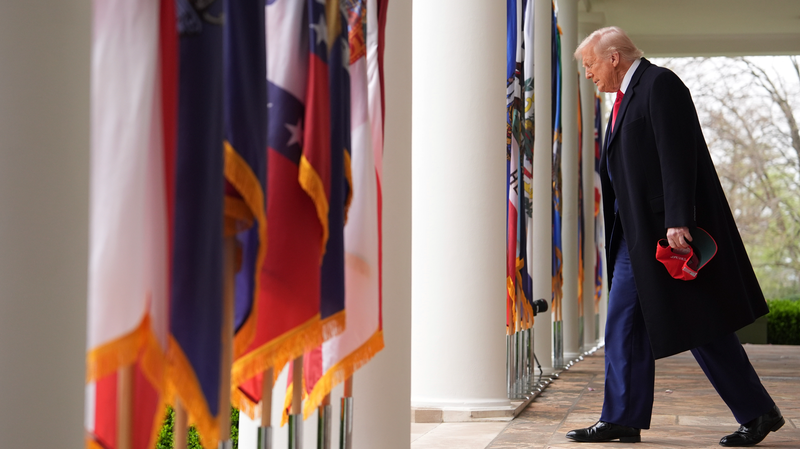The recent announcement of reciprocal tariffs by the Trump administration has sparked a debate about the future structure of the global economy. In a bold move that many see as protectionist, the new tariffs are already leaving their mark on international trade.
Dmitry Medvedev, deputy chairman of the Russian Security Council, warned that the sweeping measures have plunged the global trade system into uncertain terrain. While the tariffs have had adverse effects on many economies, Russia remains relatively untouched due to longstanding U.S. anti-Russia sanctions that have already reduced bilateral trade significantly.
Although Washington continues to purchase limited quantities of fertilizers and platinum from Moscow, these transactions are not critical enough to challenge domestic U.S. production. With a staggering trade deficit nearing $1.2 trillion, even a small shift in trade dynamics could contribute to far-reaching economic consequences.
Interestingly, several established adversaries of the United States, including Cuba, Belarus, and the DPRK, were excluded from the new tariffs, while Iran faced only a modest 10 percent increase. These selective measures underscore a complex web of diplomatic maneuvers as global players watch a potential transatlantic rift unfold.
Strategists caution that the full impact of these tariffs is still hard to gauge. In a worst-case scenario, rising global inflation, a slowdown in economic growth, and even a global recession could occur, leading to higher unemployment and lower real incomes worldwide. This protectionist turn might push major economic actors to focus more on regional trade networks or to expand domestic markets instead of pursuing global cooperation.
Beyond immediate economic challenges, the evolving trade policies could limit the capacity of nations to address common global issues—from climate change to the governance of emerging technologies such as artificial intelligence. As the United States continues to threaten additional restrictive measures, the possibility of further destabilization looms on the horizon.
For young global citizens, entrepreneurs, academics, and digital nomads alike, this development serves as a reminder of how interconnected our economies truly are. Every policy shift not only influences market trends and inflation but also reshapes the real-world landscape, affecting industries and livelihoods across continents. The coming months will reveal whether we are on the brink of a more insular regional trade era or if global collaboration can prevail against rising tides of protectionism.
Reference(s):
Can U.S. new tariffs trigger structural changes in global economy?
cgtn.com




